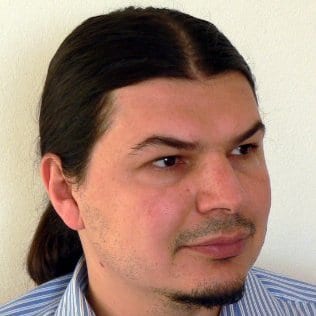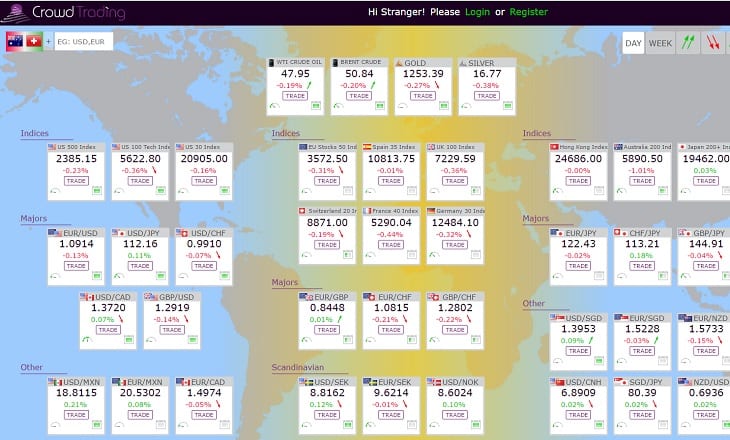LeapRate Exclusive… LeapRate has learned that a new FX social trading site and service has just been launched in Switzerland, with something of a new take on the concept.

Crowd Trading claims it has initially attracted 300 users to its “participative trading platform“, and is looking now to add a whole lot more.
So what makes Crowd Trading different from the other FX social trading platforms out there?
What exactly is participative trading?
How about the regulatory side of things, operating a social trading platform for retail traders out of Switzerland?
We spoke with Alexandru Craciun about Crowd Trading and what they’re doing differently. Here is what he had to say.
LR: Hi Alexandru, and thanks for joining us today. Please let us know about how the team came together with the idea to set up Crowd Trading.

Alexandru Craciun, Crowd Trading
Alexandru: In our group of friends and colleagues none of us was a professional trader, so we used to exchange trading ideas.
We realized that by exchanging these ideas, we learned about interesting stocks that we never heard before. So we decided to create a small group (15) to test how that would work – where we to put together all these ideas and invest real money.
The test proved to be very interesting and we were amazed by the diversity of the trading ideas and by the exchanges we had. So we decided to create a social trading platform out of it!
LR: There are a number of social trading platforms out there already, and some that have come and gone. How is Crowd Trading different?
Alexandru: The main difference is that the traders get together in groups and participate in the trading decisions by making trading proposals, and also comment and vote on the proposals made by the other members.
A proposal is executed only if the majority of the members agreed.
This is quite different from the current model where a single trader is followed rather passively by other traders. We believe that this has an important impact on the diversity but also the quantity of knowledge that a group (crowd) possesses.
LR: Is Crowd Trading itself acting as a broker and holding client funds, or will you be connecting to existing brokers? What is your business model?
Alexandru: Crowd Trading works with existing brokers. We use the standard model in the industry – rebates from the brokers.
[Editor’s note: Crowd Trading is reporting on its website that it is initially launching with Supported Brokers IG Switzerland and Dukascopy].
LR: On the regulatory side, what’s required in Switzerland for a social trading company?
Alexandru: We’re qualified in Switzerland as a Financial Intermediary – so we’re required to join a Self-Regulatory Organization, in our case PolyReg. We follow the AML regulations and we need to identify the clients as any broker would do.
LR: What else can we expect to see from Crowd Trading in the coming months?
Alexandru: We have multiple ideas on how to further develop our service.
We currently have an “Auto-Mode” that gives already many elements in the technical analysis and events area to facilitate the user’s analysis before making a proposal. We’d like to extend this with further elements that usually influence the decision-making process – events analysis, social information aggregation, backtests.
Another direction we’d like to go is to create a platform for signal providers to allow algorithms to make proposals (to be submitted to a crowd), but also to create software agents that would vote on a proposal based on different elements.
Finally a geographic expansion may be interesting as the Forex market in Switzerland is rather small.
The stock market – that was our initial target – will come later.
